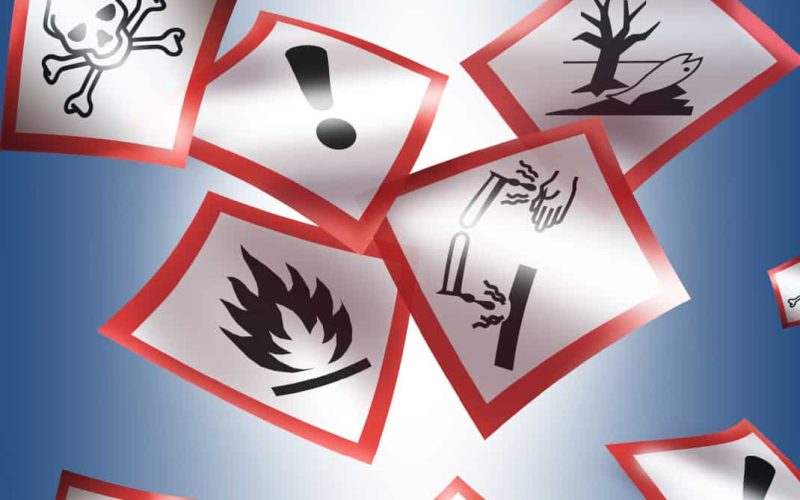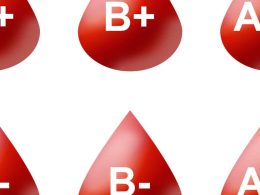Phosphorus is a highly important mineral needed in our bodies. It is the second most abundant mineral found in the human body. Your body uses this mineral for many important functions.
Some of the functions of phosphorus in the body are the removal of waste products and the repair of body cells and tissues. You can get the right amount of phosphorus you need through your diet.
However, some medical conditions like alcoholism and diabetes can deplete the stores of phosphorous in your body. Some medications also like antacids can reduce the levels of phosphorus in your body.
If the levels of phosphorus in your body are too high or too low, it can lead to serious health problems. Some of the complications caused by abnormal levels of phosphorus in the body are fatigue, joint pains, and heart disease.
Health Benefits of Phosphorus
Phosphorus has many important roles it plays in the body. It main function is to keep your bones and teeth strong and healthy. It is also used in the production of energy and your muscles need it for movement.
In addition to these, other functions of phosphorous are:
- It reduces muscle pain after you’re done exercising
- It is used to aid conduction in your nerves
- It helps maintain regular heart beat
- It promotes healthy nerve conduction in your body
- It helps balance the levels of vitamins in the body and it also helps the body make use of these vitamins. These include vitamins B, D, iodine, zinc, and magnesium.
- It is used in the production of RNA and DNA. These are the genetic building blocks of the body.
- Phosphorus helps your cells and tissues grow. It also maintains healthy cells and tissues and help repair faulty and damaged ones.
- It helps your body use and manage stored energy
- It eliminates wastes from your kidneys
- It helps you build strong teeth and bones
Rich Sources of Phosphorus
Many natural foods are rich in phosphorus. Also, protein-rich foods are also rich in phosphorus. Other rich sources of protein to include in your diet are:
- Beans
- Seafood
- Cereals
- Seeds and nuts
- Eggs
- Milk
- Milk and dairy products
- Fish
- Broccoli
- Meat and poultry
- Legumes
- Garlic
- Potatoes
- Whole grains
- Dried fruits
Breads made with whole grains and cereals contain more phosphorus than breads made with white flour. However, humans have difficulty in absorbing phosphorus in whole grain foods.
How Much Phosphorus Do We Need?
The amount of phosphorus you need in your diet depends on your age. Adults need less of this vital mineral while little children need more. However, adults need more phosphorus than children who are below 8 years of age.
The figures below are according to the Linus Pauling Institute. They recommend the following daily intake of phosphorus.
- Infants (new born from 0 month to 6 months) need 100 mg
- Infants from 7 to 12 months need 275 mg
- Children from the age to 1 to 3 years old need 460 mg
- Children age 4 to 8 need 500 mg
- Children aged 9 to 18 years old need 1,250 mg
- Adults 19 years old and above need 700 mg
Most people can get their daily requirement through foods except for few people who are given supplements. And this is in cases of severe deficiency.
Complications Caused by Abnormal Levels of Phosphorous
Too much phosphorous and too little phosphorous in the body can be dangerous and cause a lot of health problems.
Effects of excess phosphorus in the body
Excess amount of phosphorus (hyperphosphatemia) in your body can be toxic. It can trigger diarrhea and also harden your organ and soft tissues. High levels of phosphorus can also interfere with the ability of your body to use other minerals.
It can also lead to joint pains, red and itchy eyes, severe constipation, diarrhea, nausea and vomiting.
Minerals that would be mostly affected are iron, zinc, magnesium, and calcium. Excess phosphorus can also combine with calcium to form mineral deposits in your joints and muscles.
However, it is rare to have excess phosphorus in your body. Those at risk of phosphorus toxicity are those that take supplements excessively.
Effects of low phosphorus in the body
Low levels of phosphorus (hypophosphatemia) in the body can lead to the following signs and symptoms:
- Weak bones and poor development of bones in children
- Fatigue and muscle weakness
- Anxiety and irritability
- Loss of appetite
- Electrolyte imbalance
- Confusion
- Breathing problems
- Low tolerance for exercise
- Bone pain and joint pains
- In rare cases, coma and other life-threatening conditions can occur.
There are many factors responsible for low levels of phosphorus in the body. Some of them are bad nutrition (fewer intakes whole grains, seeds, and nuts), low levels of vitamin D (because this nutrient helps the body absorbs phosphorus), low levels of calcium, and some medications.
Some of the medications that deplete the stores of phosphorus in your body are:
- Anticonvulsants
- Antacids
- Corticosteroids
- ACE inhibitors
- Insulin
Sources;
- Phosphorus LPI
- Overview of Phosphate’s Role in the Body MSD
- Phosphorus ScienceDirect










